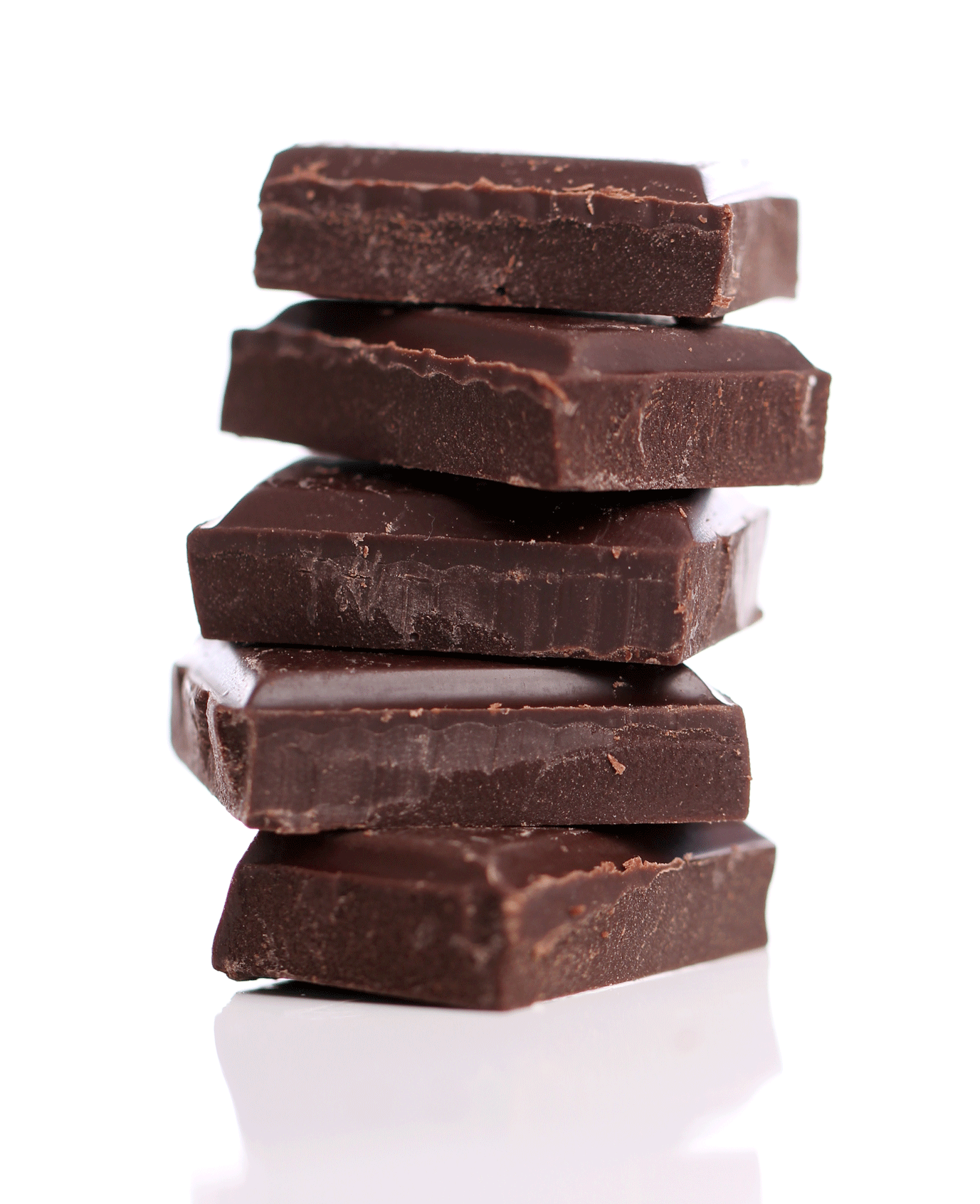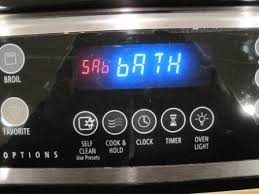Updated January 2025
Ezra Hasofer established ten takanos (laws) covering a wide spectrum of Jewish life.1 The purpose of these takanos was to enhance Torah study, Shabbos, the Jewish communal court system, and the sanctity of the Jewish home and marriage. One of the takanos was that salesmen should travel from town to town to supply perfume and fragrances to the women of each community.2 It is clear that these items were important in Jewish life since ancient times.
The STAR-K hotline receives numerous inquiries relating to cosmetics and halacha. One must know the answers to questions regarding these products that are commonly used. Does lipstick require kosher certification? During Pesach, may one use perfume or makeup that contains chometz? Are any cosmetics permissible for use on Shabbos and Yom Tov?
Because these halachos are complex, it is important for consumers to have a clear grasp of the numerous issues and […]






 STAR-D
STAR-D STAR-S
STAR-S